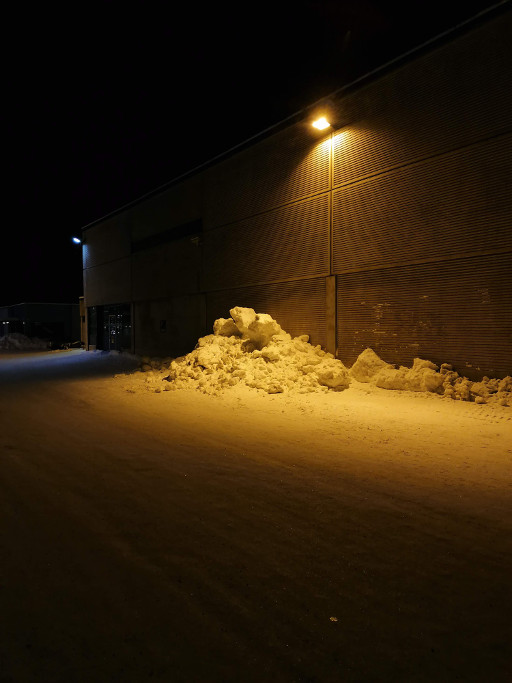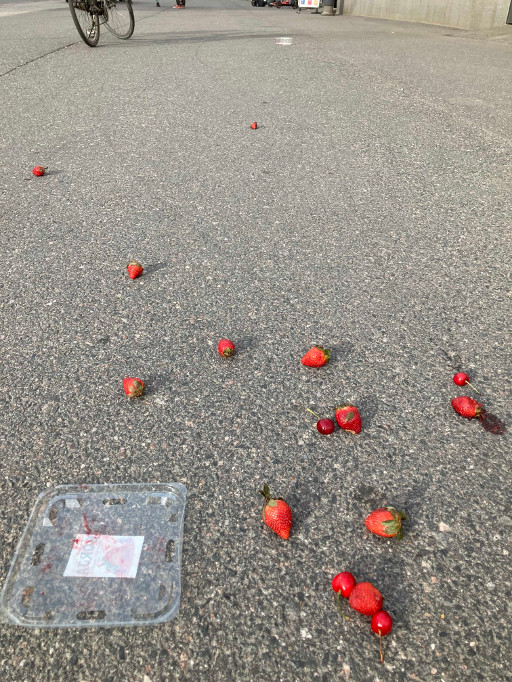Kutsut
Arkisto
RUUKKU CALL: Making Artistic Research Public
Making something public is intrinsic to art making and artistic research. This issue of RUUKKU focuses on how art's publicity relates to artistic research.
What kind of publishing artistic research needs, in order to generate something new? What is the effect of published artworks on their immediate surroundings, neighbourhoods or environments? What relevance have the changes and traces published artworks leave in public space? How can we bring forth artistic research in its diversity and variety? How can artistic research be made public?
To display a work in public means often to leave behind a singular piece or event in order to proceed further with the work. This could also mean that development on one theme ceases and another begins. Clearly the occasion of publishing initiates reflection on how the work was received and leads to new approaches for proceeding with the research. Art and artistic research are not only made for the public; they are also informed by their own publicity.
To what extent does making something public presuppose making it identifiable? Does this something have to be named? Does addressing the public always take the form of production? Are there alternative experimental or experiential ways of relating to matters of publicity? Could they be more relevant to publishing Artistic Research than declaring products (artworks, articles, etc.) as outcomes of research or end results of processes? Could publishing be seen as a live model, a prototype for learning processes that develop a relationship with the public?
This thematic issue of RUUKKU anticipates the Artistic Research Network (EARN) – event with exhibition, talks and happenings taking place in Helsinki in the autumn of 2022. Being connected to this live event and exhibition, Making Artistic Research Public RUUKKU issue gives the opportunity to artist-researchers to share their thoughts on publishing through on-site extensions of the expositions.
We invite all artist-researchers to submit research expositions which may be complemented with live and material artworks. Your exposition may include themes such as
• Exhibition as research
• Changes and traces published artworks leave in public space
• Artistic publishing as theorising in practice
• The relationship of production and the public
• Teaching artmaking as publishing of artistic practice and artistic research
• Expositionality
• Experimental publishing, publishing formats and processes
Welcome are
• Concrete artistic research that relates to the public
• Thoughts about the role of publishing in art and artistic research.
• Alternative ways of presenting research
• Expositions in English, Finnish and Swedish
Issue editors: Denise Ziegler, Saara Hacklin, Tero Heikkinen
Submit your full exposition by October 30th 2021.
For any queries and assistance about preparing the submission for RUUKKU in the Research Catalogue, please contact: tero.heikkinen@uniarts.fi
Please indicate in the submission whether and how your exposition might involve an on-site extension.
For any questions about the call please contact denise.ziegler@uniarts.fi, tero.heikkinen@uniarts.fi or saara.hacklin@gmail.com
Draft submissions can be discussed with the editors before 15th October. In this case the exposition should be shared with the editors using the RC link share function. Use ‘share', keep the exposition private but select the last option (‘When enabled…'), confirm the selection and send the link via e-mail to the addresses above. If you need assistance, please contact tero.heikkinen@uniarts.fi
Detailed instructions for submitting can be found from https://www.researchcatalogue.net/view/661336/661337
RUUKKU is a multidisciplinary, multilingual, peer-reviewed rich media journal on artistic research launched in 2013. RUUKKU is published and supported by the University of the Arts Helsinki, Aalto School of Arts, Design and Architecture and the Faculty of Art and Design at the University of Lapland, with a particular focus on multi-lingual publication. The primary languages of publication are Finnish, Swedish and English.



